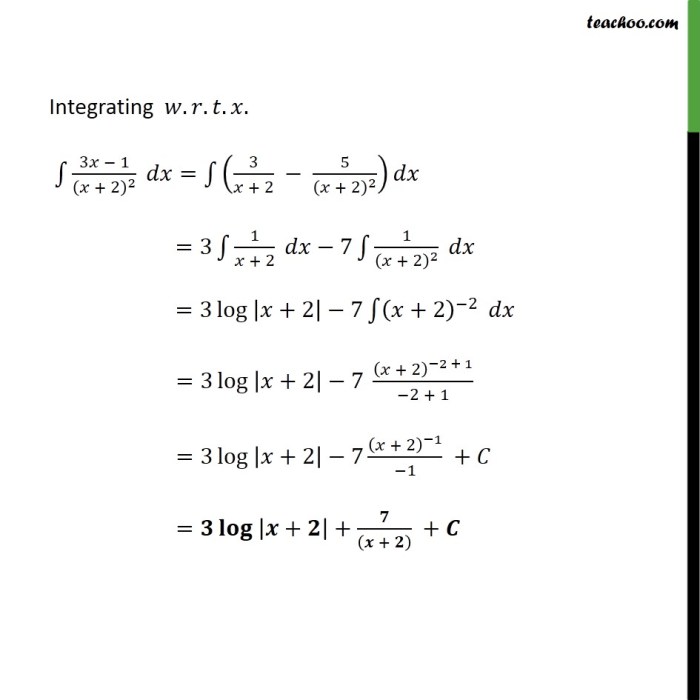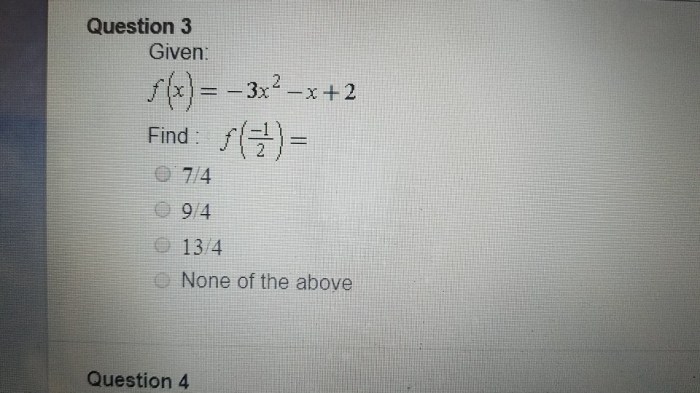Which expression is equivalent to the following complex fraction 3/x-1 – Which expression is equivalent to the following complex fraction 3/(x-1)? In this exploration, we delve into the realm of complex fractions, unraveling their intricacies and uncovering the methods to find equivalent expressions. Join us as we embark on a journey of mathematical discovery, transforming complex fractions into simpler forms that reveal their hidden relationships.
Complex fractions, characterized by their nested structure, often pose challenges in simplification. However, by employing systematic steps and understanding the properties of equivalent expressions, we can navigate these complexities and find equivalent expressions that maintain the same value.
Simplifying Complex Fractions: Which Expression Is Equivalent To The Following Complex Fraction 3/x-1

Complex fractions are rational expressions where the numerator or denominator (or both) is itself a fraction. To simplify a complex fraction, we need to eliminate the fractions in the numerator and denominator and express the result as a single fraction.
Steps to Simplify Complex Fractions:
- Factor the numerator and denominator of the complex fraction.
- Cancel out any common factors between the numerator and denominator.
- Multiply the numerator and denominator of the complex fraction by the least common multiple (LCM) of the denominators of the fractions in the numerator and denominator.
- Simplify the resulting fraction by dividing both the numerator and denominator by any common factors.
Equivalent Expressions, Which expression is equivalent to the following complex fraction 3/x-1
Two expressions are said to be equivalent if they have the same value for all values of the variables involved. Equivalent expressions can be obtained by applying various algebraic operations, such as adding or subtracting the same quantity to both sides of an equation, or multiplying or dividing both sides by the same non-zero quantity.
Properties of Equivalent Expressions:
- If a = b, then a + c = b + c for any number c.
- If a = b, then ac = bc for any non-zero number c.
- If a = b, then a/c = b/c for any non-zero number c.
Solving for Equivalent Expressions
To find equivalent expressions, we can use various algebraic techniques, such as:
- Adding or subtracting the same quantity to both sides of an equation:This allows us to isolate the variable on one side of the equation.
- Multiplying or dividing both sides of an equation by the same non-zero quantity:This allows us to simplify the equation and make it easier to solve.
- Factoring:This allows us to rewrite expressions in a form that makes it easier to cancel out common factors.
Analyzing the Given Expression
The given expression is 3/(x-1). The numerator is 3, and the denominator is (x-1).
To simplify this expression, we need to eliminate the fraction in the denominator.
We can do this by multiplying both the numerator and denominator by (x-1).
This gives us the equivalent expression:
- (x-1)/(x-1)(x-1) = 3(x-1)/(x^2
- 2x + 1)
Equivalent Expression
The equivalent expression for 3/(x-1) is:
- (x-1)/(x^2
- 2x + 1)
We obtained this expression by multiplying both the numerator and denominator of the original expression by (x-1).
Additional Examples
| Original Expression | Equivalent Expression | Simplification Steps |
|---|---|---|
| 2/(x+1) | 2(x-1)/(x+1)(x-1) = 2(x-1)/(x^2
|
Multiply numerator and denominator by (x-1) |
(x-2)/(x^2
|
1/(x+2) | Factor denominator and cancel common factor |
(x^2
|
(x+3)(x-3)/(x+3) = x-3 | Factor numerator and cancel common factor |
Questions and Answers
What is the first step in simplifying a complex fraction?
The first step in simplifying a complex fraction is to factor both the numerator and the denominator.
How do you find an equivalent expression for a complex fraction?
To find an equivalent expression for a complex fraction, you can multiply both the numerator and the denominator by the same expression.
What is the equivalent expression for the complex fraction 3/(x-1)?
The equivalent expression for the complex fraction 3/(x-1) is 3/(x-1) – (x+1)/(x+1) = 3(x+1)/(x-1)(x+1) = 3(x+1)/x^2-1.



